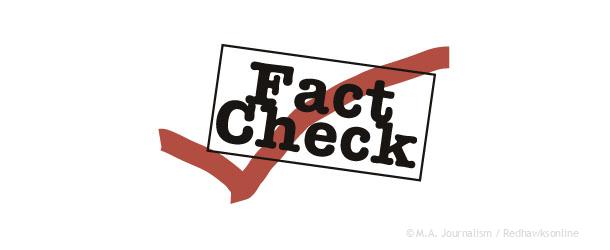Does this age old word really mean what we think it does?
The question:
Does ‘Minnehaha’ really mean ‘laughing waters’?
The explanation:
If you’ve ever ventured down River Road towards Minnehaha Park, you’ve seen the large statue of Hiawatha standing to represent the Ojibwe warrior portrayed in Longfellow’s poem: “Song of Hiawatha”, and the creek winding so majestically through the woods representing Hiawatha’s love, Minnehaha:
“And he named her from the river, From the water-fall he named her, ‘Minnehaha, Laughing Water.'”
The name ‘Minnehaha’ actually does not mean laughing waters as it says in Longfellow’s poem and in the last two lines of the original school hymn composed by Daniel Bloomdahl and Joseph E. Burns in 1917:
“Hail the school of laughing waters, Minnehaha Academy!”
The name ‘Minnehaha’ comes from the Dakota, not Ojibwe, language. It can be divided into two separate words in the Dakota language, ‘mni’ meaning ‘water’ and ‘haha’ meaning ‘waterfall’ and when put together, ‘mnihaha’ (its English translation, ‘Minnehaha’) means ‘water waterfall‘.
So where do we get ‘laughing waters‘ from?
It was believed to be true after the 1849 publication of the book Dacotah by Mary Henderson Eastman. She was the non-Dakota second wife of Artist Seth Eastman; the book is told from a non-Dakota point of view and translates this Dakota word incorrectly.
Beth Brown, Dakota speaker and program coordinator of the Agindaasodaa! (Let’s Read!) program at the Division of Indian Work, attributes this mistranslation to a misunderstanding of the Dakota language,
“Besides the fact that ‘haha’ resembles the English ‘haha’, used to represent the sound of laughter, the idea of ‘laughing waters’ may be related to the fact that ‘haha’ and ‘iha’, the Dakota word for ‘smile’ or ‘laugh,‘ both have the same root word ‘ha’, which means ‘to curl’,” Brown said. “So, ‘haha’ is describing the way the water curls beneath a waterfall, and the word ‘iha’ describes the curl of the lips when we laugh or smile.”
Louise Matson, director of the Youth Leadership and Development Program at the Division of Indian Work has been working on a project to protect native Dakota heritage in Minnesota,
“Native languages are in danger here in Minnesota,” Matson said, “there are very few speakers left.”
The Division of Indian Work has been making preparations to launch a Dakota immersion school open to all students seeking an immersion approach to education.
The school curriculum will be based in the native Dakota culture with a Montessori approach to learning. Although the school will start with kindergarten through third grade, it is expected to extend up to twelfth grade in the years to follow.
The Verdict:
In the Dakota language, ‘Minnehaha ‘does not mean ‘laughing waters’ but instead, ‘water waterfall’ which seems quite redundant, but not to worry though, Minnehaha falls is still as beautiful as ever!

